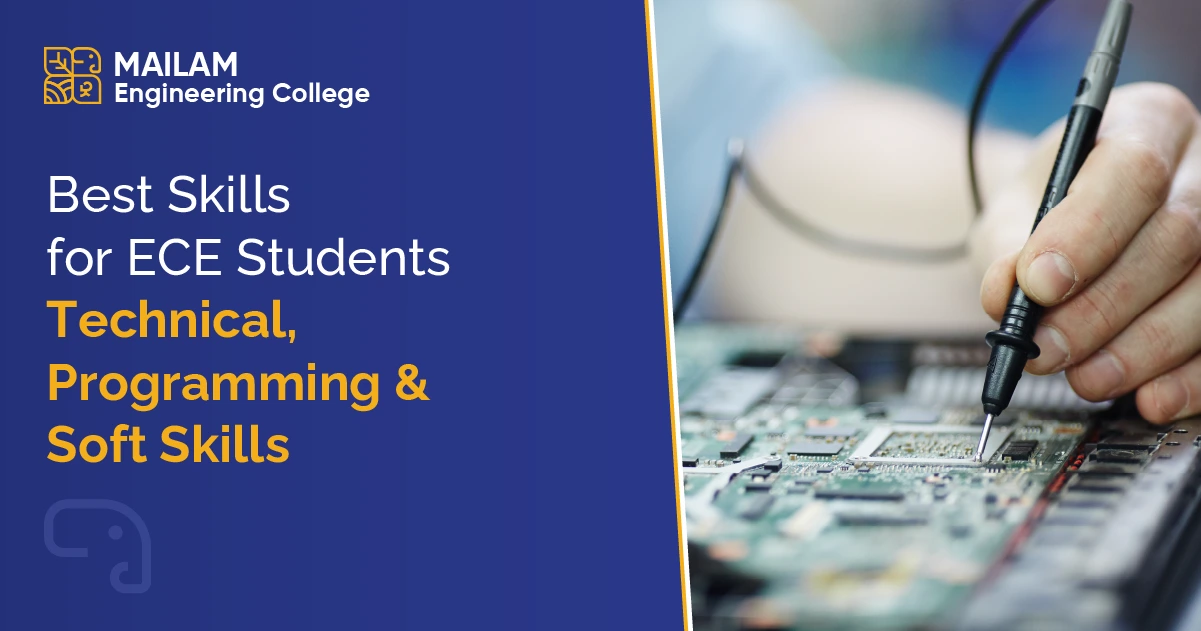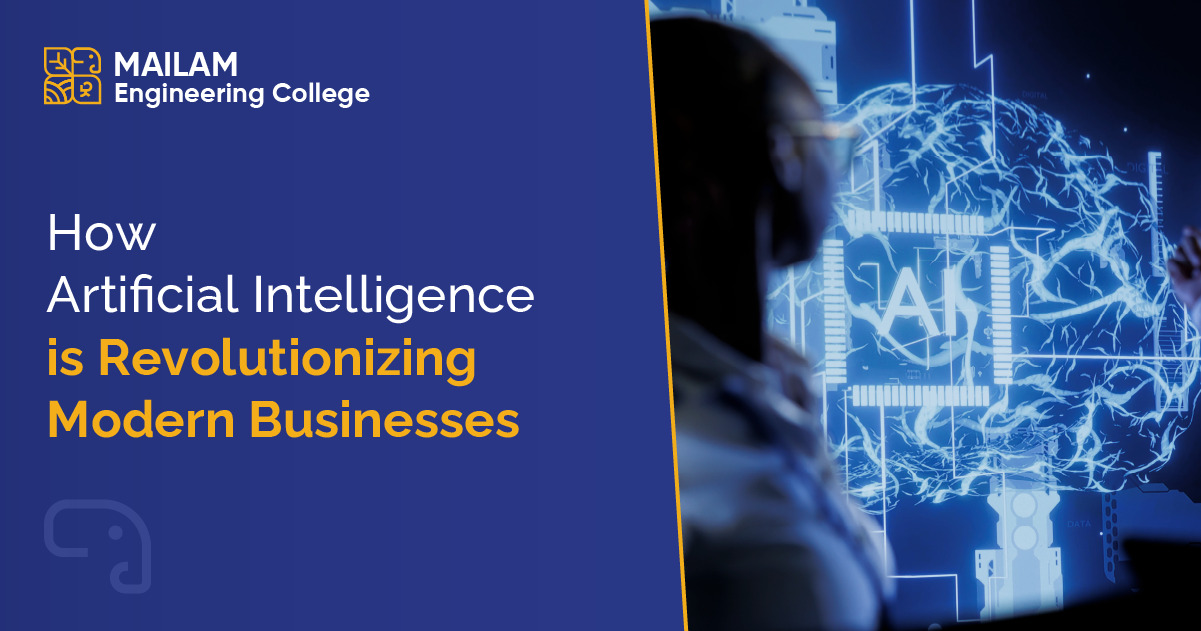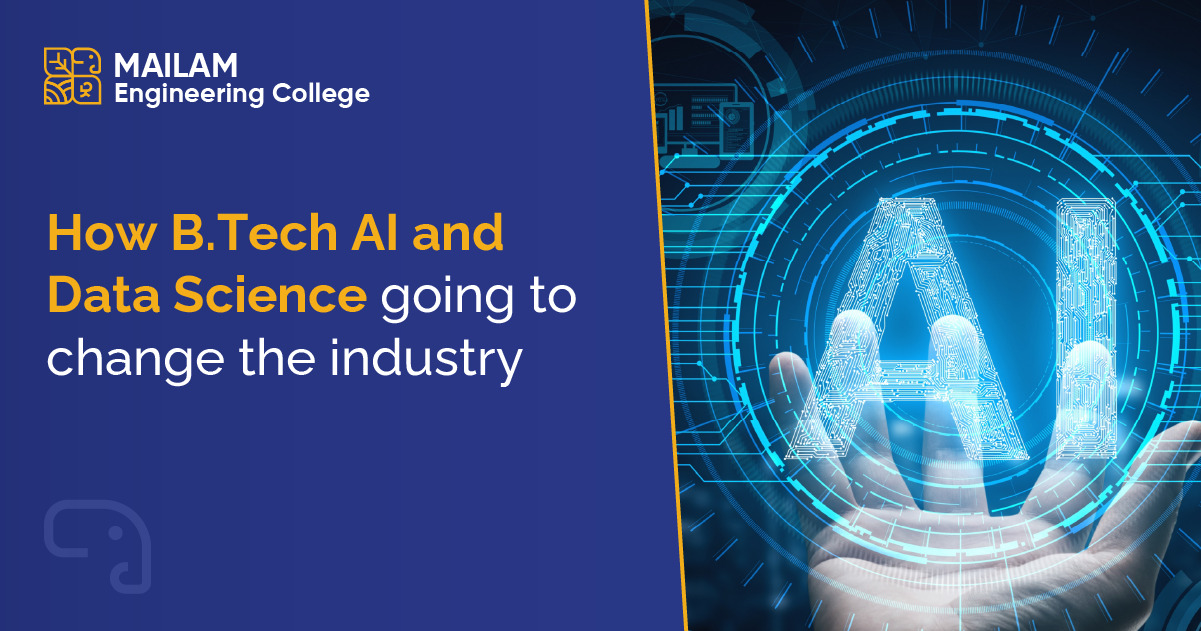Are you all set to achieve success in Electronics and Communication Engineering (ECE)? In a fast-paced world which is full of competition, the right skills matter for ECE students. From hard tech to soft skills, we’ve articulated what every ECE student must know to stay on top. So are you upskilling or just going through the regular curriculum?
Introduction: Why skills for ECE students Matter More
Well, if you are an ECE student, this is the bridge where hardware and software meet with imagination and innovation. But having only a degree will no longer suffice in this day and age. Today’s employers are not interested in graduates; what they want are job-ready engineers. Therefore, having that perfect balance of technical, programming, and soft skills has become very important. It does not matter whether you are visualizing working with Intel, creating smart devices, or innovating in communication systems; it starts with skill. So, let us dive into the skills of ECE students that can give you an edge in this rapidly changing tech landscape.
| Did You Know? More than 60% of core electronics business jobs require an understanding of embedded systems and programming languages. According to NASSCOM, skill sets aligned with industry needs are valued more than just a high CGPA. |
Core Technical Skills for ECE Students
1. Embedded Systems and IoT
Why it matters?
Embedded systems pervade almost every aspect of modern electronics-from smartwatches to almost self-driving cars. Add IoT to this whole idea, and you are looking at a trillion-dollar tech trend.
How to Master It?
- More real-world performances and low-cost platforms for educational purposes, e.g., Arduino, Raspberry Pi, and 8051 microcontrollers.
- Know all of the communication protocols such as I2C, SPI, and UART.
- Use integrated sensors and real-time data to develop mini-projects.
2. VLSI and Digital Design
Why it matters
Microchips are fabricated using VLSI technology, enabling circuits to be designed. If this is your interest, learning this skill is mandatory.
How to Master it
- Learn Verilog/VHDL programming.
- Use tools like Xilinx or Cadence for design simulation.
- Explore FPGA project kits.
3. Communication Systems and Wireless Tech
Why It matters
Exactly how in the centre of ECE, all the communication of the world the 5G into satellite communication.
How to master it
- Modulating techniques and signal processing must be comfortable for you.
- Get your hands on such tools as MATLAB, Simulink, and GNU Radio.
- Understand 4G, 5G, and LoRaWAN protocols.
Programming Skills for ECE Students
1. C/C++ and Python Programming
Why it matters
You can program hardware in C/C++ and then go ahead to apply AI and automation through Python; a combination would be so cool.
How to Master It
- Start with microcontroller programming in C.
- It is used for data processing, automation, and AI.
- Solve problems every day on HackerRank and LeetCode.
2. MATLAB and Simulink
Why it matters
Signal processing and control systems cannot be modelled, simulated, or analyzed without these tools.
How to Master it
- Use online courses from Coursera or Udemy.
- Apply in signal analysis, filters and frequency domain studies.
3. Fundamentals of Data Structures and Algorithms (DSA)
Why it matters
The likes of Google, Qualcomm, and Intel see how well you can solve problems with this DSA being your weapon.
How to Master It
- Learn through YouTube channels like Love Babbar and GeeksforGeeks.
- Practice coding regularly.
- Focus on logic-building as well as real-time scenarios.
Soft Skills for ECE Students
1. Use of Communication and Presenting Skills
Why it matters
As an engineer, you will have ideas to pitch, reports to write, and work with people in teams. You really can’t do without it.
How to Master it
- Get into specific technical paper presentations
- Doing practice in public speaking.
- Get feedback on your presentations.
2. Teamwork and Collaboration
Why It matters
Most Technical Projects Are Done By Team Members Companies Seek Team Members rather than Solo Coders.
How to master it
- Attend college tech muggers and fests.
- Work on group projects and internships.
- Getting hold of good tools would probably be Slack, Trello, and GitHub.
3. Time Management and Adaptability
Why it Matters
The industry is game-changing. Your ability to time-manage and keep up with tech changes is golden.
How to master it
- Tools like Notion and Todoist can help manage your time.
- Work on events in multiple different roles so that you can train yourself.
- Follow trends through sources like IEEE, TechCrunch, and Stents
How to Build These Skills in College
- Participate in hackathons, workshops, and seminars.
- Pursue mini-projects and internships during breaks.
- Create a LinkedIn portfolio to demonstrate skills.
- Complete certifications in trending tools and technologies (NPTEL, Coursera, Udemy).
Must-Know Tools for ECE Students
| Category | Tools To Know |
| Simulation & Design | MATLAB, Simulink, Multisim |
| Programming | Python, C/C++, Altium Designer |
| PCB Design | Eagle, KiCAD, Altium Designer |
| Microcontroller Dev | Keil, Proteus, MPLAB X |
What Makes Us Pioneers of Change at Mailam Engineering College
Mailam Engineering College doesn’t just teach; it prepares us for everything beyond. The lip service of the ECE department to an industry-ready curriculum is amply backed by hands-on labs, concrete examples from real-life projects, and career advice from mentor-instructors-it means innovation without the mooted ‘engineered’ punctuation behind; the alumni stand testimony to real success.
Conclusion
In order to become a remarkable engineer from a starting point as an ECE student, one needs to acquire the right skill set. The competition is tough, and technology keeps changing with every passing second. Concentrate on acquiring your technical knowledge with the programming language, skills with the people, and soft skills. The road will be a hard one, but it leads up to a destination worth achieving. So don’t just settle for a degree; aim for excellence.
FAQs On The Skills For ECE Students
1. What would be the best programming language for the students of ECE?
C and Python are the most important. C is great for new applications in embedded programming, while Python is used in automation and data handling.
2. Are soft skills relevant for ECE students?
It is intimidating! Right communication, leadership, and teamwork often decide an employer’s choice and the growth of his career.
3. Do graduates from CSE get offers at network companies?
Sure. CSE graduates get opportunities to work with ISPs after studying networking technologies. A solution to implementations above the link layer is invaluable. A true engineer will know that
4. How can I improve my technical skills as an ECE student?
Work on yourself to Improve. Always supersede by project works, certifications, online courses, or taking technical events/internships.
5. What are some certifications useful for ECE students?
NPTEL and Coursera certifications in Embedded Systems, VLSI, IoT, Python, or MATLAB are highly recommended.
References
1. NASSCOM Report on Engineering Skills – 2023 – https://nasscom.in/knowledge-center/publications/nasscom-skills-report-2023
2. IEEE Spectrum – https://www.ieee.org/education/careers-in-ece.html
3. Coursera – https://www.coursera.org/browse/engineering/electrical-engineering
4. NPTEL – https://nptel.ac.in/










